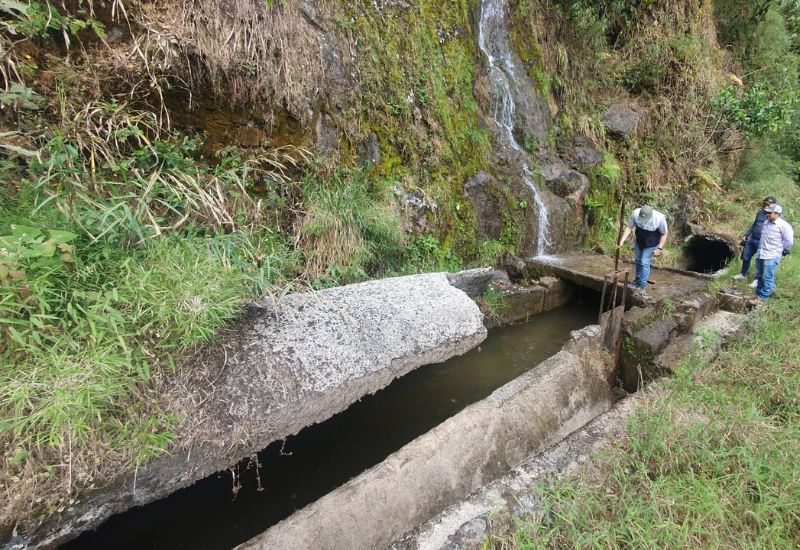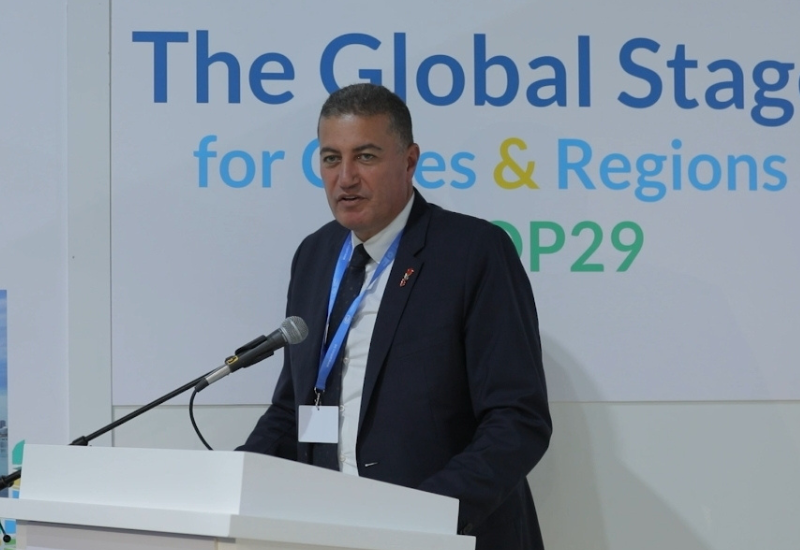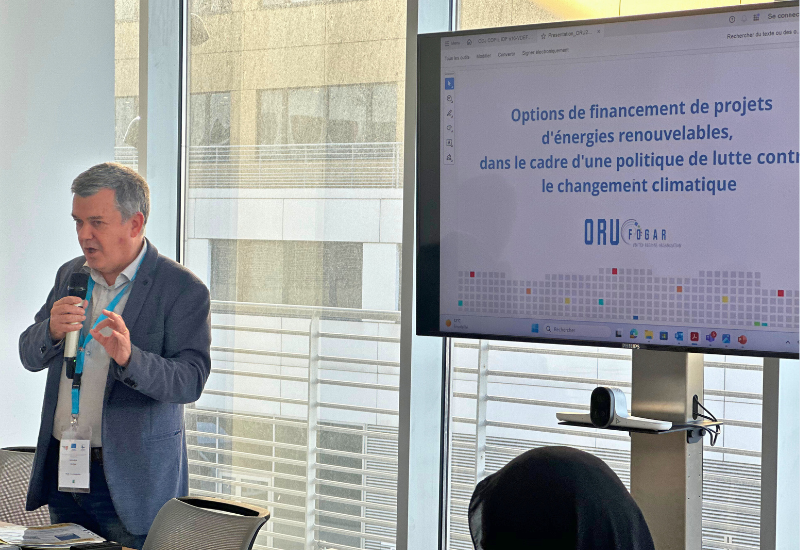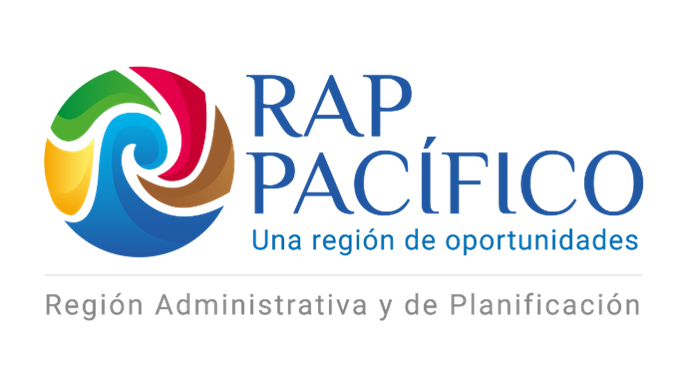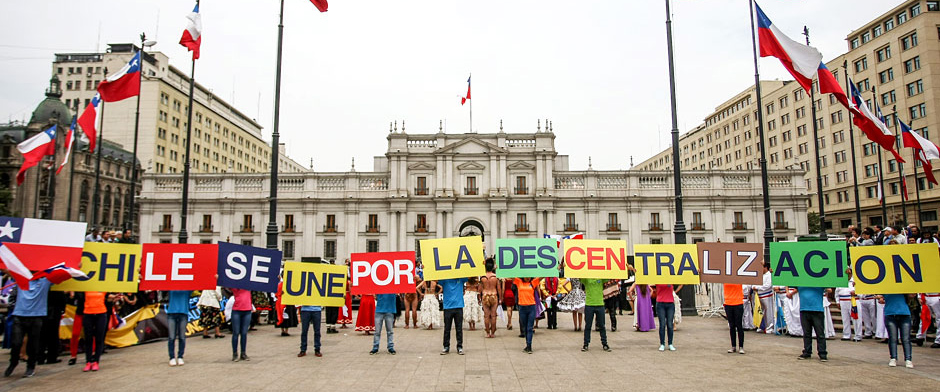
Marcelo Carrasco Carrasco
President of the National Association of Regional Councillors of Chile
Decentralization has been a matter of concern in Chile since the 1960s and has undergone several improvements expressed in modifications to the relevant legislation or in the administrative creation of new decentralized instruments of public investment, but all these modifications are superficial. Today there is consensus that the excessive political, administrative and economic centralization in Chile, which has been widely documented by various actors in academia, civil society and state institutions, an example of which we quote in the document "Making decentralization work in Chile" (2017). The OECD recently stressed that such centralization is a brake on the country's development. Therefore, it is an issue that should occupy the public agenda of all political actors, especially parliamentarians of regions. As a priority task, we must move at a steady pace towards a greater degree of decentralization of the country.
A couple of years ago, a "Proposal for State Policy and Agenda for the Decentralization and Territorial Development of Chile" was developed by the Presidential Advisory Commission on Decentralization and Regional Development, which had a broad participation of different actors from all political spectrum and civil society, becoming a valuable and essential contribution to channel the aforementioned technical analysis.
However, in my opinion, this very practical and consistent document gave rise to a starting point only and therefore requires further elaboration on vital issues such as the transfer of competences, territorial management and the financial decentralisation of what the state invests in our regions.
If this process of discussion and implementation of public policies is not developed in an adequate manner, it can produce profound effects in the medium and long term. This sort of reforms requires rigorous technical analysis after a very serious parliamentary discussion. The literature describes several cases of pro-decentralization reforms, implemented both in Latin America and Africa, and whose results have been well below expectations. Chile, at this time, and with the level of progress that leads to the implementation of timid initiatives, is no exception.
A sample of the power of centralization in Chile is that the regions only have 811 million dollars per year to spend freely and define their own projects, that is 1.18% of the National Budget, a figure that warns about the importance of defining well the transfer of competencies from the central level and its potential impact on the quality of people' lives in the regions.
On the other hand, if one considers only the resources of the funds for the regions, such as the FNDR or the Transantiago mirror program, only 44% of this total is freely available in the region. And it is a real complexity that of those funds that have been created to decentralize the country, only 44% of them have a regional expression.
ANCORE has always stated that if there is not a real transfer of powers from the central government to the regions to manage the budget, any other change that is introduced will be more of a greenwash strategy than an actual change and will have little impact on regional management. Along these lines, we believe that the strengthening of regionalization should be perfected, for which "we will continue working to strengthen the role of regional councillors" and so that our regions can decide their own destiny within a unitary state.
On the other hand, at a time when decentralization measures are being implemented, such as the election of regional governors in 2020, the consensus of many actors is that these governors elected by the citizenry must be provided with real decision-making power for the regions over the resources they have to be able to execute projects. Otherwise, they will be a decorative figure with a low level of resolution and will move away faster from potential solutions for citizens living in regions, accentuating centralism and distancing citizens from public policy makers.
Today, regional governments receive resources through a number of funds. The oldest is the National Fund for Regional Development (FNDR), followed by the Innovation Fund for Competitiveness, which transfers resources from the mining royalty; the Support Fund for Regions, which is the mirror program of Transantiago; the Regional Investment and Reconversion Fund, which transfers resources from the special tax to mining; the Educational Infrastructure Fund, and the recently created Convergence Programs, aimed at the country's backward zones.
But of these funds, which have a decentralizing character, only 44% - US$ 811 million - are freely available in the region. The vast majority of these resources reach regions with a defined use from the central government: through ministries and national service directorates, which are often armed with a centralist view not only in decision-making but also in the criteria of execution, low levels of territorial criteria and less inclusion of local realities. Emphasizing that even with regard to the implementation of these resources, regions have limited space to freely determine their destiny.
Regarding Financing: We consider that this should be in accordance with the transfer of competencies, in a gradual and sustained process. If it is a question of regional taxes, we believe it is reasonable to have a mixed fund in which a percentage remains in the region, and another one that serves for the State to generate a solidarity fund with territorial equity for the Regional Governments, considering pertinent factors. Likewise, such financing must consider not only the financial issue, but also the costs associated with the processing of each one of the financing generated in this process of transfer of competencies.
In relation to the FNDR, we estimate that it should be freely available and distributed by the Regional Governments and not by the Central Government, which already decides on more than 90% of the total regional investment. The budget law should undoubtedly provide a general framework, allowing Regional Governments to structure their budget according to their realities.
The current State model and its support instruments are mostly obsolete for the 21st century. The different citizen demands have been sophisticated and articulated in such a way that most of the time they do not fit with the needs of the beneficiaries and therefore, they do not fulfil the expectations and even worse, they do not solve the problems posed in full, offering partial solutions or solutions far removed from the real problems. For this reason, as Ancore Chile, we will continue to work for a modern, efficient decentralized state that takes charge of the problems but also of the opportunities our territories have. We will also ensure that citizens really feel that decentralization processes make a difference and that the state is really there to improve their citizens' quality of life.

